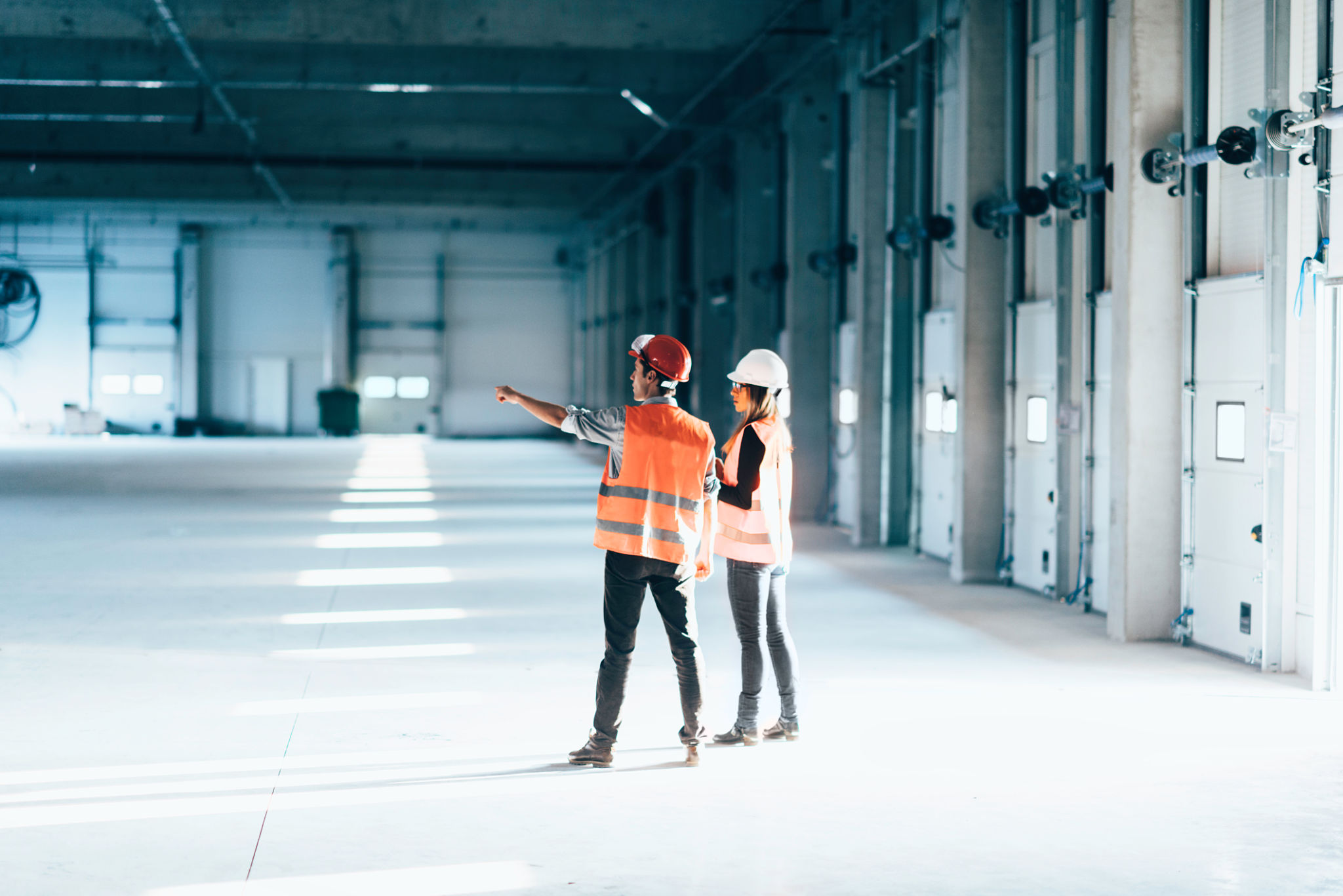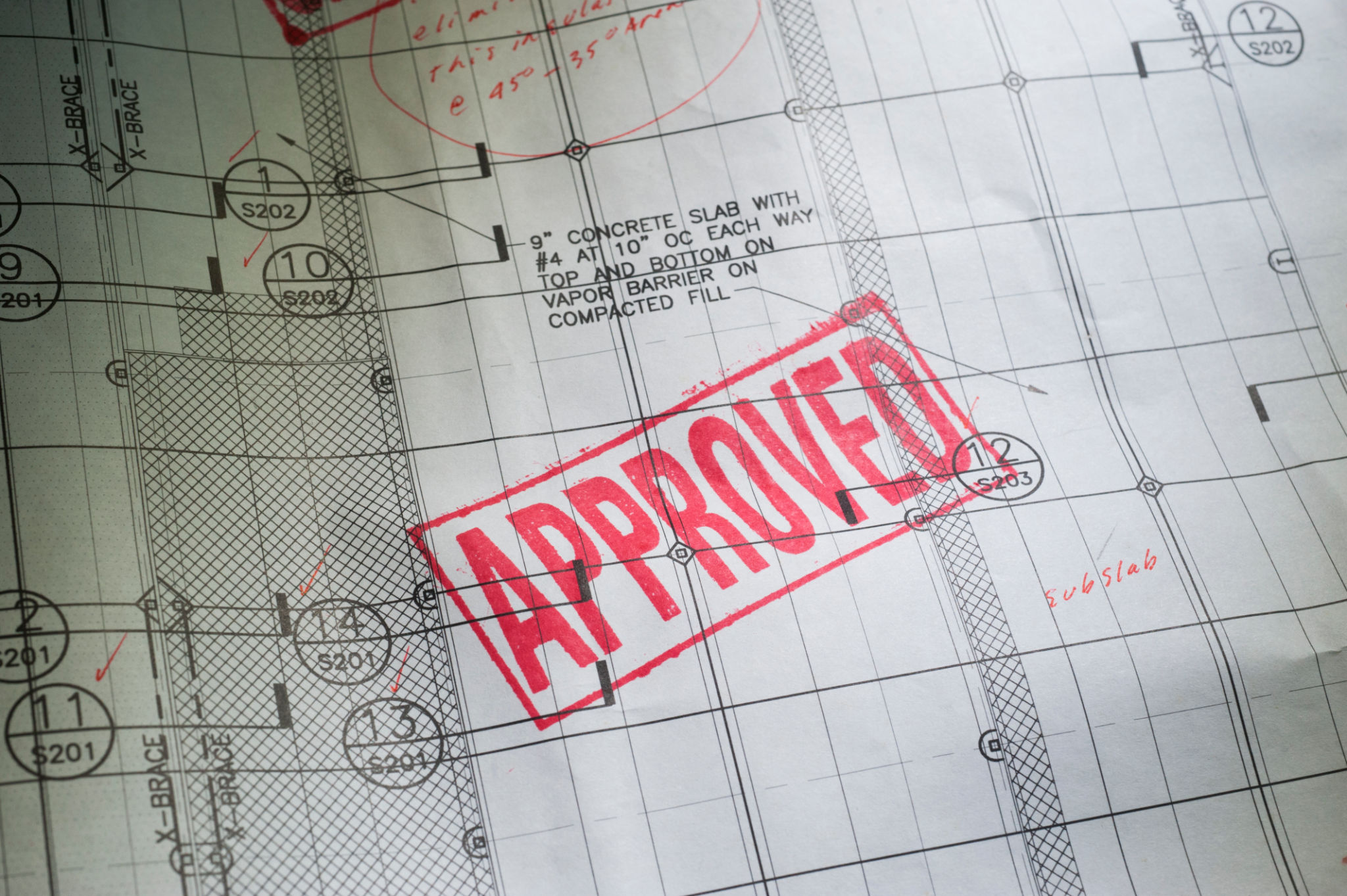A Comprehensive Guide to Residential Construction in Ripon
Understanding the Basics of Residential Construction
Residential construction in Ripon is a dynamic field that combines architectural design, engineering, and craftsmanship to create comfortable and functional homes. Whether you're planning to build a new house or renovate an existing one, understanding the basics of residential construction is essential. From selecting the perfect site to choosing the right materials, every decision impacts the final outcome.
The first step in any construction project is to develop a comprehensive plan. This involves collaborating with architects and designers to ensure the layout meets your needs and complies with local building codes. A well-thought-out plan not only saves time and money but also ensures that your vision comes to life seamlessly.

Site Preparation and Foundation
Once the plan is ready, the next step is site preparation. This includes clearing the land, excavating, and installing essential infrastructure like drainage systems. Proper site preparation lays the groundwork for a stable foundation, which is crucial for the durability and safety of your home.
The foundation is arguably the most critical component of your home. It supports the structure and ensures stability. In Ripon, common types of foundations include slab-on-grade, crawlspace, and basement foundations. The choice depends on factors such as soil type, climate, and budget.
Choosing Materials
Material selection plays a significant role in residential construction. The choice of materials impacts not only the aesthetics but also the efficiency and longevity of your home. Common materials used in Ripon include wood, brick, concrete, and steel. Each material has its advantages and considerations.

Construction Phases
Residential construction typically progresses through several phases: framing, installation of mechanical systems, and finishing. During the framing phase, the skeleton of the house is built using wood or steel beams. This is followed by the installation of electrical, plumbing, and HVAC systems.
The finishing phase involves adding elements like drywall, flooring, and cabinetry. Attention to detail during this phase ensures that your home is not only functional but also aesthetically pleasing. Engaging skilled craftsmen can make a significant difference in the quality of the final product.
Permits and Regulations
Before commencing construction, it's important to obtain the necessary permits from local authorities in Ripon. These permits ensure that your project adheres to safety standards and zoning regulations. Failing to secure proper permits can lead to costly delays and legal issues.

Working with Professionals
Building a home is a complex process that requires expertise in various fields. Hiring experienced contractors, architects, and engineers can help navigate challenges and ensure a successful project. When selecting professionals, consider their track record, reputation, and ability to communicate effectively.
Regular communication between you and your construction team is vital. It helps address concerns promptly and keeps the project on schedule. Establishing a clear timeline and budget with your team can prevent misunderstandings and ensure smooth progress.
Final Touches
As construction nears completion, focus shifts to final touches that personalize your home. These include landscaping, interior design, and installing fixtures. Thoughtful choices in these areas can enhance comfort and add value to your property.

In conclusion, residential construction in Ripon offers endless possibilities for creating your dream home. By understanding each phase of the process and working with skilled professionals, you can transform your vision into reality with confidence.